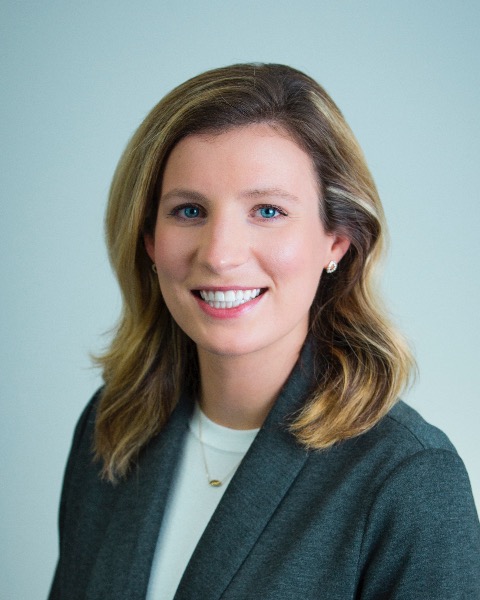Best Practices for Utilizing Medical Students as Embedded Simulation Participants in POCUS Training (Panel) (AEUS and CDEM Sponsored)
The use of standardized patients, community volunteers, or actual patients often optimizes clinical skills training, but these services can be expensive and recruitment efforts a tedious and unreliable process. Some programs have attempted to develop a more sustainable volunteer program by utilizing medical students in this role. However, medical students who serve as Embedded Simulation Participants (ESPs) to facilitate hands-on educational activities through simulation represent a potentially vulnerable population. Educators have an ethical responsibility to safeguard ESPs’ autonomy in an environment where power differentials may prevent students from easily advocating for themselves. While simulation-based activities may utilize low-fidelity models, domains such as point-of-care ultrasound (POCUS) particularly benefit from ESPs in providing effective hands-on training for image acquisition, mimicking scanning patients at bedside. Student ESPs deserve a thorough informed consent process and special protections to avoid untoward outcomes such as disrespect of students’ autonomy, formal medical school complaints, or Title IX violations.
A panel consisting of experts in ultrasound education and medical student education, medical ethics, and former ESPs, will discuss their experiences partnering with ESPs and promoting a safe educational environment. Panelists will discuss how they utilize ESPs as part of their curricula and the unique threats to medical student ESPs posed by POCUS education. Methods to mitigate threats, such as thorough consent processes, partnership with medical students to produce targeted educational materials, and innovative ways to ensure ESP safety and comfort through a neutral third party will be introduced. Participants will be asked to consider their own practices with ESPs in light of threats and opportunities the panelists have encountered and will work in small groups to plan for safe and respectful partnership with ESPs at their own institutions. After this didactic, educators will be prepared to respond to ESP concerns promptly and respectfully when inappropriate scenarios arise.
Presenters:
- Will Kropf, MD MHPE
- David Haidar, MD
- Samantha Chao, MD, HEC-C
- Creagh Boulger, MD
- Rachel B. Liu, MD
- Michelle Feeney, MD




-.jpg?sfvrsn=5063954b_1)
